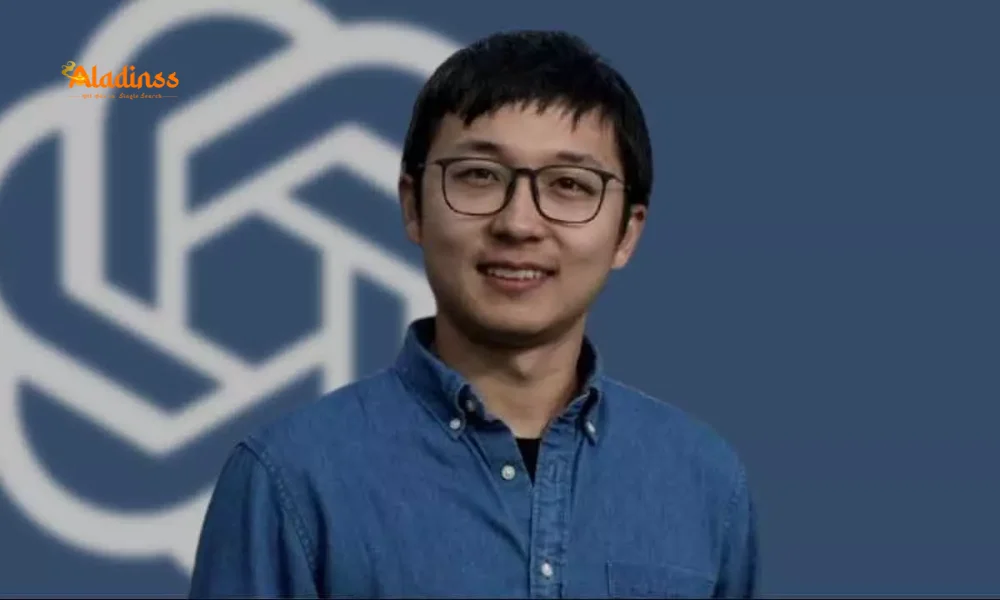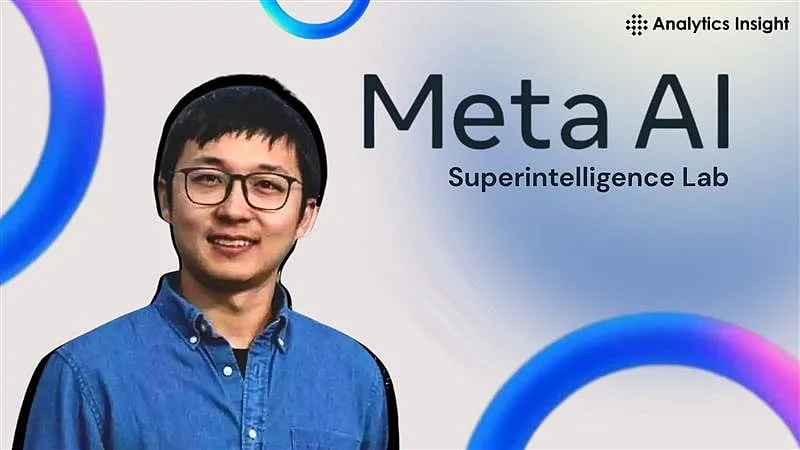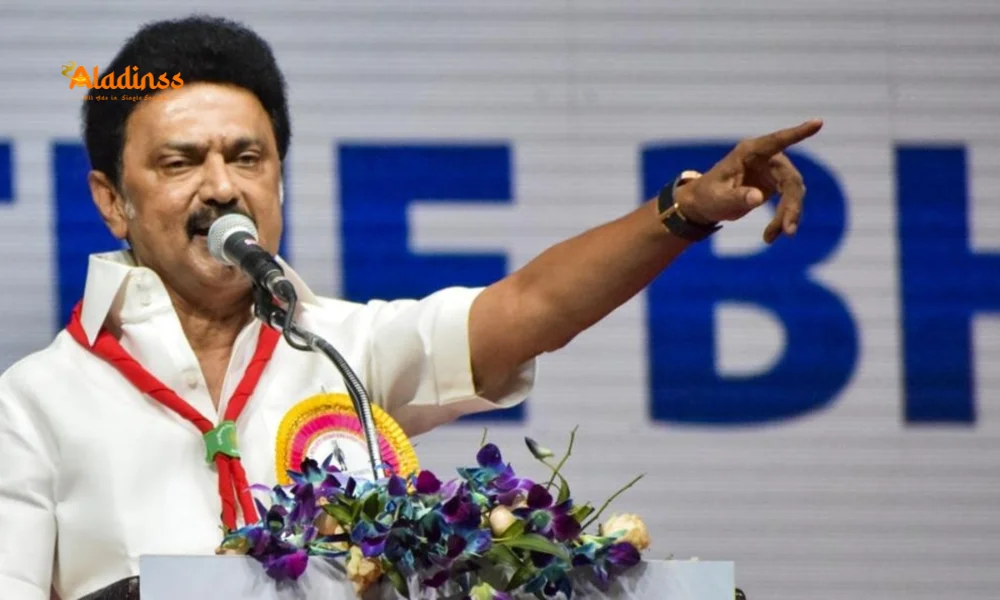Shengjia Zhao Named Meta Chief AI Scientist After Threat to Quit

Shengjia Zhao’s Threat to Quit Allegedly Led to Meta’s Chief AI Scientist Role
In a dramatic turn of events, Shengjia Zhao, a co-creator of OpenAI’s groundbreaking ChatGPT, was named Meta’s chief AI scientist in July 2025, reportedly after threatening to leave the company and return to OpenAI. According to a Financial Times report citing four sources, Zhao had even signed employment papers to rejoin his former employer, prompting Meta to swiftly formalize his leadership role. This move underscores the intense competition for AI talent and the challenges Meta faces in its ambitious pursuit of “personal superintelligence” under CEO Mark Zuckerberg. The appointment comes amid a significant leadership reshuffle at Meta, with several high-profile exits signaling internal turmoil. This article explores the circumstances surrounding Zhao’s appointment, Meta’s response, and the broader implications for its AI strategy.
The Alleged Threat and Appointment
Shengjia Zhao, a former OpenAI researcher instrumental in developing ChatGPT, GPT-4, and the reasoning model o1, joined Meta in June 2025 to lead its newly formed Superintelligence Labs (MSL). However, just days after his arrival, Zhao reportedly expressed dissatisfaction with the lab’s chaotic environment and lack of clear scientific direction, according to sources cited by the Financial Times. The researcher, who had been a key figure in OpenAI’s success, allegedly signed paperwork to return to his former employer, posing a potential embarrassment for Meta and its CEO, Mark Zuckerberg, who has staked significant resources on building a world-class AI division.
In response, Meta moved quickly to retain Zhao, formalizing his role as chief AI scientist in late July 2025. A Meta spokesperson clarified that Zhao had been the scientific lead of the superintelligence initiative from its inception, and the decision to grant him the chief scientist title was made only after the team was fully established. “We appreciate that there’s outsized interest in seemingly every minute detail of our AI efforts, no matter how inconsequential or mundane, but we’re just focused on doing the work to deliver personal superintelligence,” the spokesperson told the Financial Times, downplaying the reported turmoil.
Meta’s Leadership Reshuffle and AI Ambitions
Zhao’s appointment is part of a broader leadership overhaul at Meta, described as the most significant in the company’s 20-year history. Zuckerberg has shifted focus from longtime executives like Chris Cox to a new wave of AI-focused leaders, including Zhao, Alexandr Wang (former CEO of Scale AI, now Meta’s chief AI officer), and Nat Friedman (former GitHub head). This restructuring reflects Meta’s aggressive push to compete with AI giants like OpenAI, Google, and Anthropic, particularly in the race to develop artificial general intelligence (AGI) and superintelligence.
Meta’s Superintelligence Labs, launched in 2025, aims to unify the company’s AI efforts, including its open-source Llama models, product development, and foundational research. Zhao, who co-founded the lab, is tasked with setting its scientific agenda, working closely with Zuckerberg and Wang. The company has invested heavily in this vision, reportedly spending billions to recruit top talent from OpenAI, Google DeepMind, Apple, and Anthropic, with some compensation packages reaching eight- and nine-figure sums. However, the high-profile hires have not guaranteed stability, as evidenced by recent staff departures.
Exodus of AI Talent from Meta
Despite Meta’s aggressive recruitment, the company has struggled to retain some of its newly hired AI talent. Ethan Knight, a machine-learning scientist who joined just weeks before Zhao’s appointment, has already left. Avi Verma, a former OpenAI researcher, completed Meta’s onboarding but never started his role, reportedly returning to OpenAI. Rishabh Agarwal, who joined in April 2025, announced his departure on X, citing a desire to “take on a different kind of risk” despite finding Zuckerberg and Wang’s vision “incredibly compelling.” Additionally, longtime Meta employees Chaya Nayak and Loredana Crisan, with nine and ten years of service respectively, are among over half a dozen veterans who recently exited.
These departures highlight the challenges Meta faces in stabilizing its AI division. The company’s rapid expansion and restructuring, including the dissolution of MSL into four new groups just 50 days after its launch, have created a turbulent environment. Sources cited by the Financial Times suggest that Zhao’s near-exit was driven by concerns over bureaucratic hurdles, organizational clashes, and an unstable research environment, issues that may also be affecting other staff members.

Zhao’s Background and Expertise
Shengjia Zhao brings a wealth of expertise to Meta, making his potential departure a significant concern for the company. A Stanford PhD graduate with a bachelor’s degree from Tsinghua University, Zhao joined OpenAI in 2022, where he played a pivotal role in developing ChatGPT, GPT-4, and its iterations, including GPT-4.1 and o3. He also led efforts in synthetic data generation, a critical component for training large language models, and contributed to OpenAI’s o1 model, which popularized “chain-of-thought” prompting techniques now widely adopted in the AI industry.
Zhao’s academic work, published in prestigious venues like NeurIPS and ICLR, has earned him accolades such as the Google Excellence Scholarship, Qualcomm Innovation Fellowship, and the ICLR 2022 Outstanding Paper Award. His reputation as a brilliant and innovative scientist, endorsed by peers like Nvidia’s Jim Fan, positions him as a key asset for Meta’s ambitions to lead in AGI development. At Meta, Zhao is expected to steer research toward artificial superintelligence, aligning with Zuckerberg’s vision of empowering users through advanced AI systems.
Meta’s Aggressive Talent Acquisition Strategy
Meta’s pursuit of top AI talent has been marked by significant financial investment, including a $14.3 billion stake in Scale AI and offers of multimillion-dollar compensation packages. In addition to Zhao, Meta has recruited researchers like Jiahui Yu, Shuchao Bi, and Hongyu Ren from OpenAI, as well as talent from Google DeepMind, Apple, and Anthropic. Zuckerberg has personally spearheaded this effort, reportedly hosting researchers at his Lake Tahoe estate and sending direct emails to prospects. However, the strategy has drawn criticism from competitors like OpenAI’s Sam Altman, who called Meta’s “giant offers” excessive and questioned their focus on financial incentives over mission-driven work.
The talent war reflects the high stakes of the AI race, with Meta aiming to close the gap with leaders like OpenAI and Google. The company’s open-source Llama models, while influential, have faced criticism for inconsistent performance, particularly with the Llama 4 release in April 2025. Zhao’s leadership is seen as critical to overcoming these challenges and positioning Meta as a frontrunner in the development of next-generation AI technologies.
Challenges and Instability at Meta’s AI Division
The rapid turnover of talent and the dissolution of MSL into four new groups highlight deeper challenges within Meta’s AI division. The company’s second major overhaul in less than four months has created a perception of instability, potentially deterring top researchers. OpenAI’s Chief Research Officer, Mark Chen, expressed frustration at Meta’s poaching tactics, likening them to a “home invasion.” Meanwhile, Meta’s spokesperson, Dave Arnold, framed the exits as a normal part of a competitive hiring landscape, emphasizing the company’s focus on delivering groundbreaking AI solutions.
Zuckerberg’s vision for “personal superintelligence” relies heavily on retaining talent like Zhao and leveraging Meta’s vast computational resources. The company has invested hundreds of billions in AI infrastructure, including cloud computing and GPU clusters, to support large-scale model training. However, the recent exits and Zhao’s near-departure suggest that financial incentives alone may not suffice to maintain a cohesive and motivated team. Addressing these internal challenges will be crucial for Meta to achieve its ambitious AI goals.
Comment / Reply From
No comments yet. Be the first to comment!











